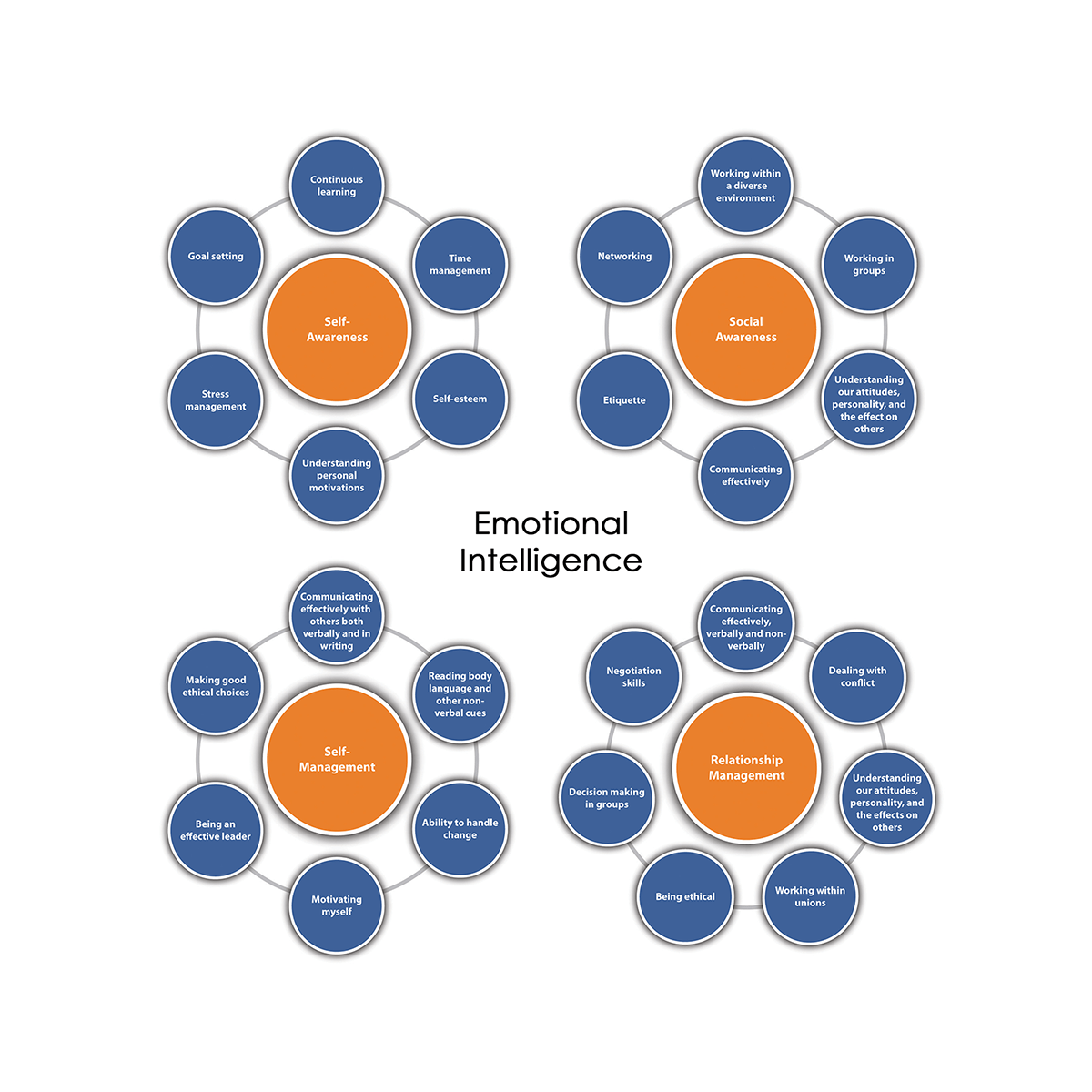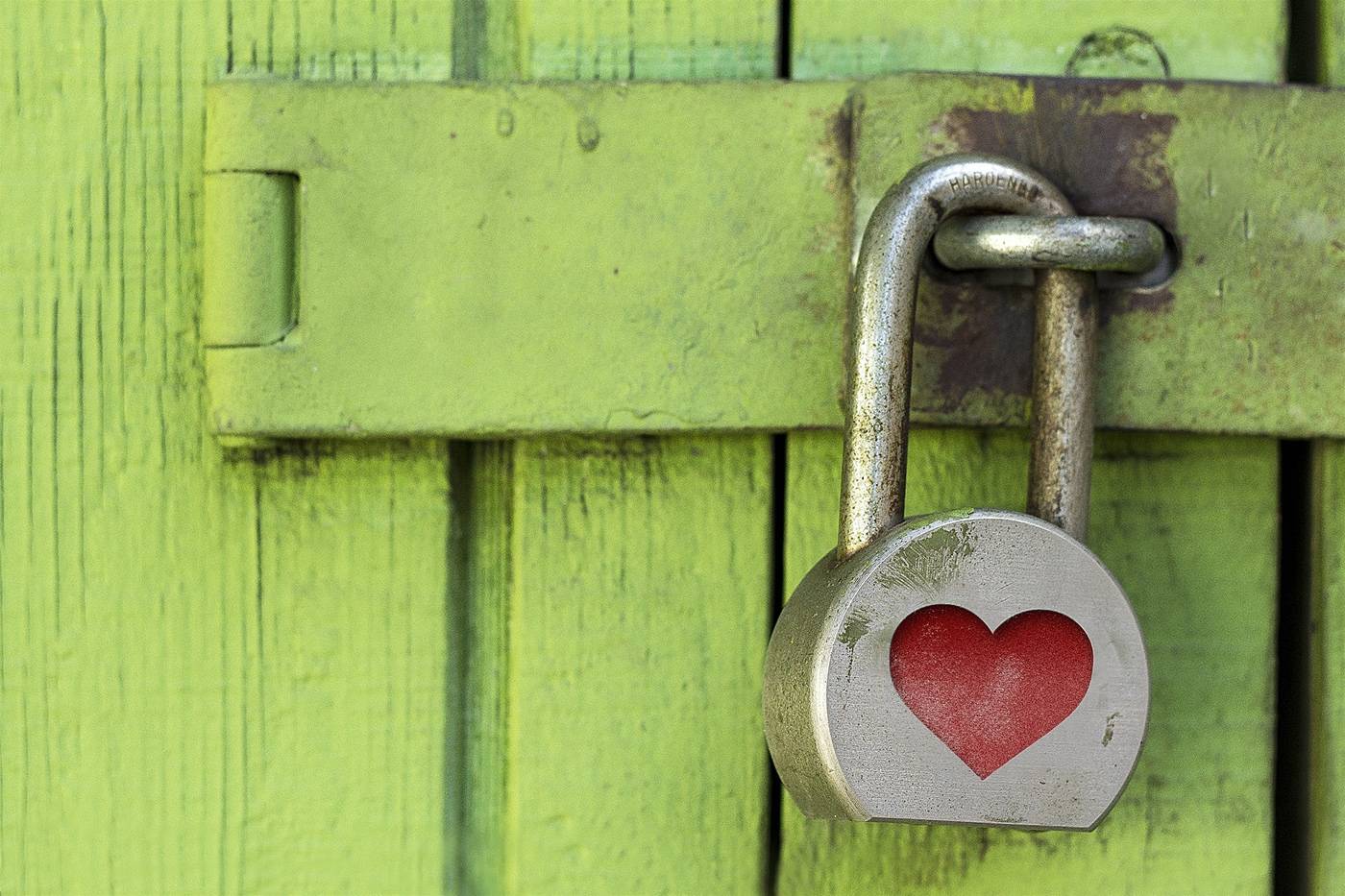One of the most liberating ideas I’ve come to is that being excessively positive can sometimes be as destructive as being negative.
“What? Are you kidding? What possible drawbacks could there be from having a positive attitude?”
Of course, we’ve all heard of the benefits of positive thinking and how visualizing the outcome we want is often the first step to improving our lives and the lives of others, right? I’m a fan! Especially when that positivity is fully authentic.
But what about the mask we may wear for ourselves and others? “What me wear a mask? No way!” What if you think of your mask as being on a spectrum; 1% to 99%, rather than limiting it to either 0% or 100%? In other words, what if we all hide a bit of ourselves, based on context? For example, who goes outside of their homes naked? That’s an extreme example, but hopefully, one that inspires you to think about the ways you “mask” yourself.
What if an overly positive attitude prevents us from fully accepting the negative experiences of ourselves and others? When our own or another person’s negative experiences are not accepted, what affect does this have on them? On our relationship with them?
I remember the exact day I noticed the change in myself
I was sitting in a circle with 82.5 people, all sweaty and relaxed from participating in a two-hour semi-guided dance experience I have been a part of for many years.
At the time of the following epiphany, I had experienced this type of group activity for only a few months; newbish. After dance, we formed a big circle, mostly sitting. It was time for “share-back” where anyone who wanted would share something about their dance experience. I often had an angry reaction whenever a person shared something negative, like they didn’t like a certain song or person or they had some tragedy in their life they are dealing with.
I would think to myself, “That such and such person is polluting my mind-space – our mind-space – with their negativity! That’s so selfish and inconsiderate of them to use this public gathering to air their dirty laundry! Can’t they find something positive to say about the experience?”
Then, one day someone shared about how their dog had died, it had tainted their whole dance, and it was painful for them to see so much celebration in the dance of others. I had a feeling in my chest and throat of extreme sadness and tears welled up in my eyes. I also felt a bittersweet joy. I felt honored that this person had the humility, courage, and trust to share such deep sorrow with so many relative strangers. It prompted the beginning of a new, deep exploration of parts of me I somewhat unknowingly kept hidden from myself and others. A new level of authenticity I didn’t realize had been missing.
Inner darkness
I believe none of us is without some inner darkness. The world is not all light and positivity. Buddhism teaches that one of the primary paths to spiritual growth and ultimately, awakening or enlightenment, is the acceptance of all things as they are in this moment, positive and negative. This means acknowledging or bowing to all that is, cultivating equanimity and the wisdom of acknowledging that “it is the way it is”. As opposed to pushing reality away, rejecting it, and putting energy into desiring things to be different than they are.
That said, personally, “bowing to all that is,” is not my way nor do I advocate for it. As with many things, an extreme amount of acceptance – in my opinion – can lead to as many problems as an extreme amount of pushing against what is. UNLESS you don’t conflate acceptance with agreement!
It is easy to accept pleasant people and situations, but practicing acceptance with regards to people and circumstance that we find difficult or challenging is a powerful path to spiritual growth and transcending the ego.
To ponder: What if the darkness we have been so careful to hide from ourselves shows through our “positivity mask” and that incongruence impacts the trust of the people we interact with?
Mumbo jumbo woowoo! Is there a practical side?
There sure is!
When someone close to us is in pain, our first instinct is to comfort them. It’s part of being human. When we see a child crying, we want to hold them, wipe away their tears, and tell them it is OK. Parents especially understand this on a deep level. When a friend shares about a recent disappointing event, we want to point out the silver lining, strive to cheer them up, or distract them.
When thinking about changing another person’s mood or perspective, I tend to ask myself, “Is my interference really helpful here? Who am I really serving? Am I encouraging dependence or independence?”
When we take on changing another’s emotional state or thought process as our job, we set ourselves up for frustration and will likely find ourselves pushing or pulling at the other person energetically and verbally.
Part of that “push/pull” is that the person we are trying to “happy up” might be receiving the message that their feelings are not acceptable and should be ignored, gotten over, or hidden. An old saying comes to mind. It goes something like, “When we defend or save someone, we deprive them of the opportunity to practice saving themselves.” In this case, sometimes we are teaching them the opposite of acceptance.
So we just robotically ignore peoples’ pain?
Not necessarily. When we are really feeling for another person and wanting to help them, what do we do?
Empathy is usually the most powerful gift you can offer. Simple empathic contact or guesses like: “Are you feeling pretty worried?” “That sounds scary.” “I’m guessing it’s hard to feel so responsible about that happening?” “Do you wish you could just trust him?” “Do you wish you could know for sure that you are safe?”
Empathic presence doesn’t make the fear or pain go away. It simply provides someone the warmth of companionship and understanding in a difficult place. It shows acceptance for the state they are in, rather than giving the message that those are ugly emotions that must be hidden or gotten over as fast as possible. It also gives the person the benefit of the doubt that they can pull themselves out of their own hole.
Big deal. What harm can it do to help a person be in a better mood?
Imagine a child’s brain. We know the younger a person is, the more impressionable they usually are. Children require much less repetition than adults do to learn things. Their neuroplasticity is high. If a child is hurt and you consistently offer reward or punishment instead of empathy, they are being given the message that feelings of discomfort, pain, fear, and anger are unacceptable emotions to have and must be hidden or “gotten over” as soon as possible.
What do you think children do with those emotions? Do you think the tasty snack, toy, trip to Disneyland, stern tone, or smack on the ass is going to turn them into Zen monks who understand and accept these negative emotions? No. It’s going to turn them into people who grow up afraid to look inside themselves; ignorant of how to express themselves honestly to themselves and others; addicted to positivity and comfort, tasty snacks, toys, drugs, trips to Disneyland, and maybe smacks on the ass.
If you want a child to grow up with a sense of independence and able to solve their own problems, then you’d think you want to take every opportunity you can to support them in the idea that they are responsible for their own feelings, right? And part of that responsibility is to face/deal with those feelings in a direct way.
How does that look?
Kid: “Mom I’m bored.”
Mom: “I hear ya. You are bored. Are you wanting more camaraderie, mental stimulation, physical stimulation, challenge, or…?” <– that’s empathy.
It’s that simple. You let go of the idea that you are responsible for making your child happy. You are responsible for feeding and protecting them. That’s it. When you go further than that, you are flirting with either creating dependency, unnecessary battles, and a home ruled by the kids.
But what if they really do need reassurance?
I’m not saying never help people. The message here is to be more thoughtful about how positively intended actions can foster dependency and emotional retardation. Recognize which needs of yours that you are getting met by interfering. Is it a need to be seen and heard? Is it a need for nurturing? Is it a need to matter? Power? Respect? Meaning?
Yes, the person in distress might actually need reassurance or advice. But if you ask people if they would just like to be heard, you might be surprised how often they say yes.
How often have you just listened to your spouse or children with no judgement, evaluation, reassurance, or advice?
In times when I’m burning up to offer a fix, I first offer empathy and then ask if they would like some reassurance or advice.
The next time you offer reassurance to someone, try asking for feedback.
You could ask, “Was it helpful to hear that?” If it wasn’t helpful you can ask, “What would be helpful?” If they don’t know what would be helpful, simply offer empathy, to yourself first and then to the other person.












Recent Comments